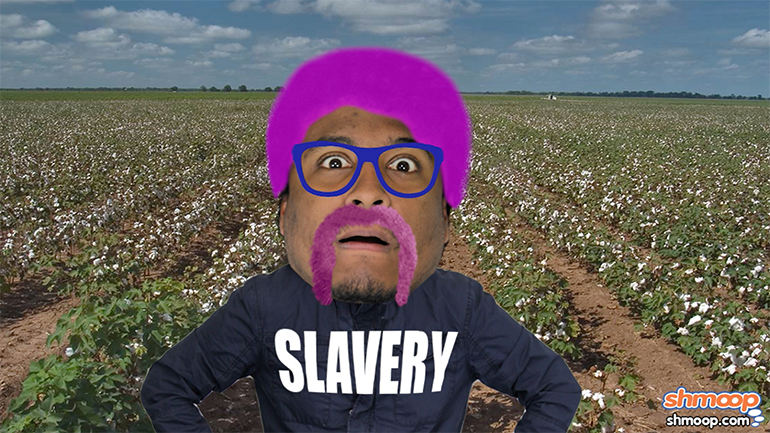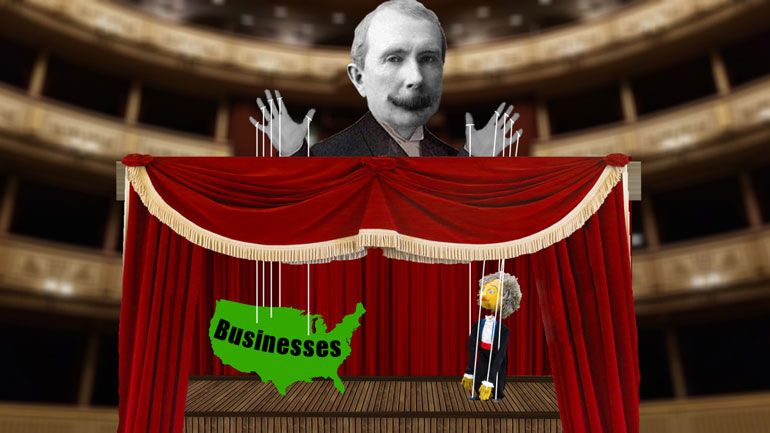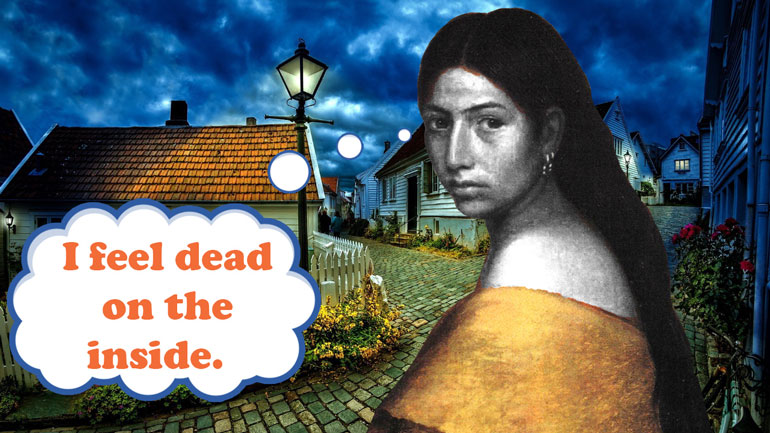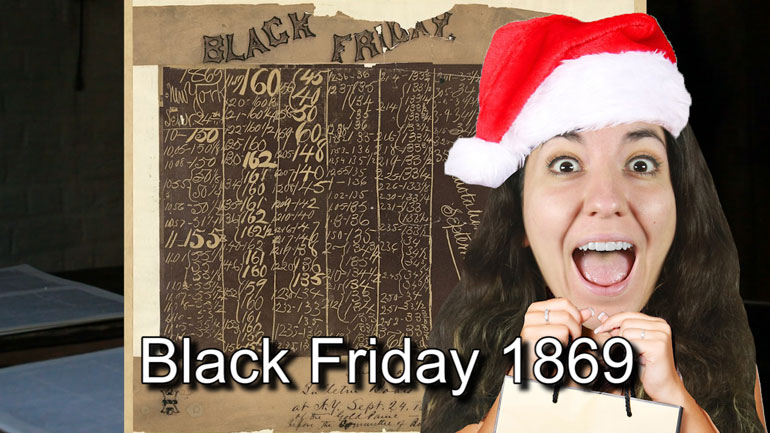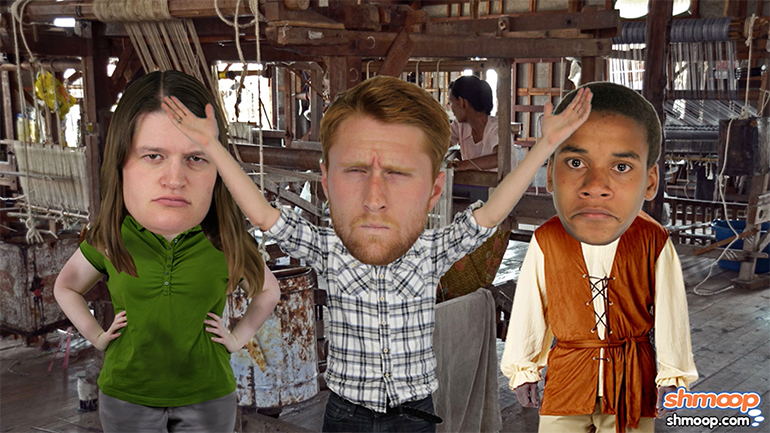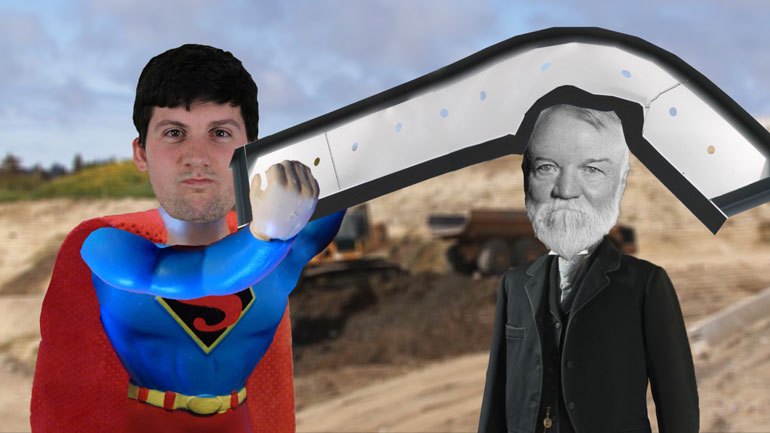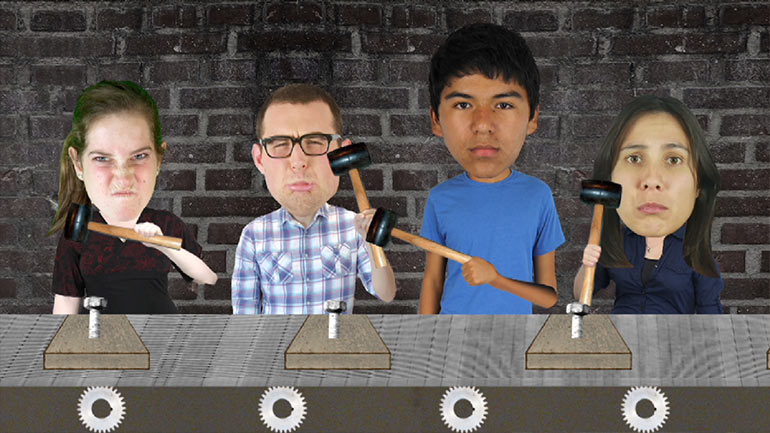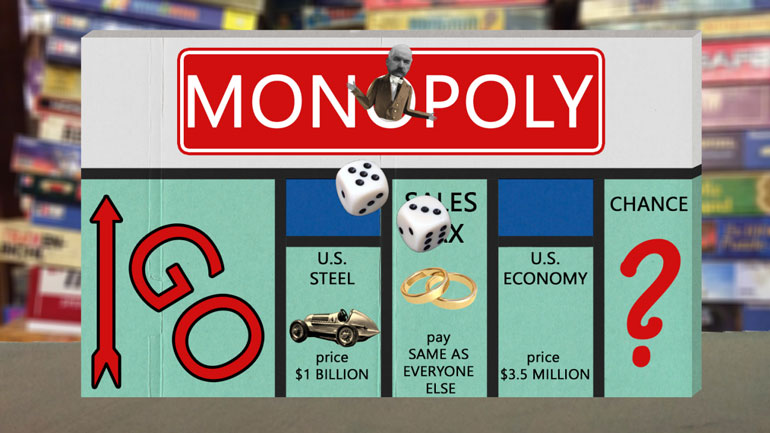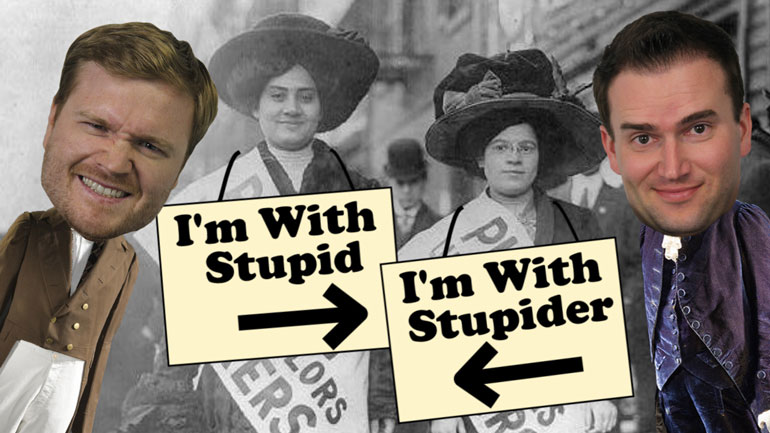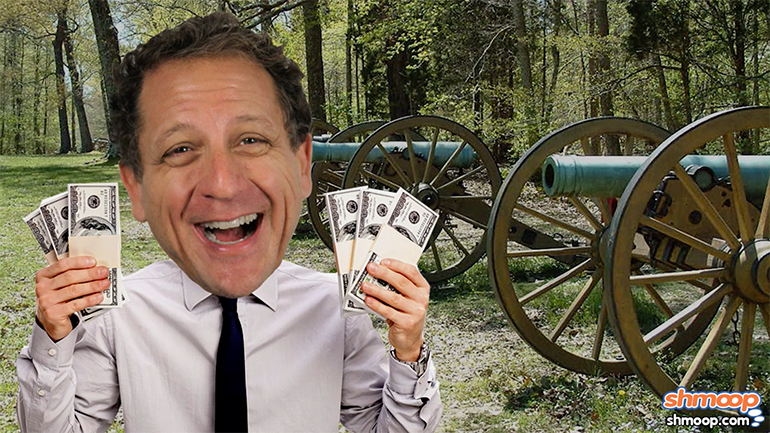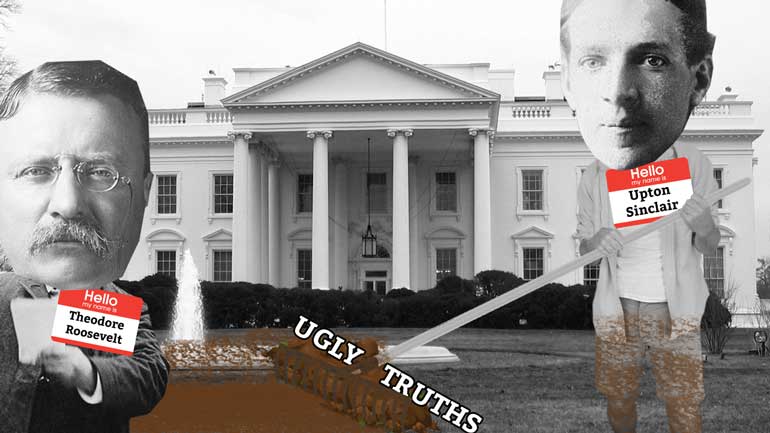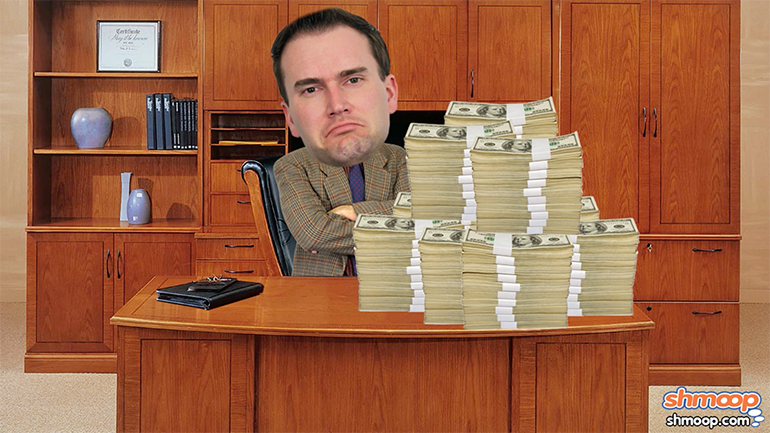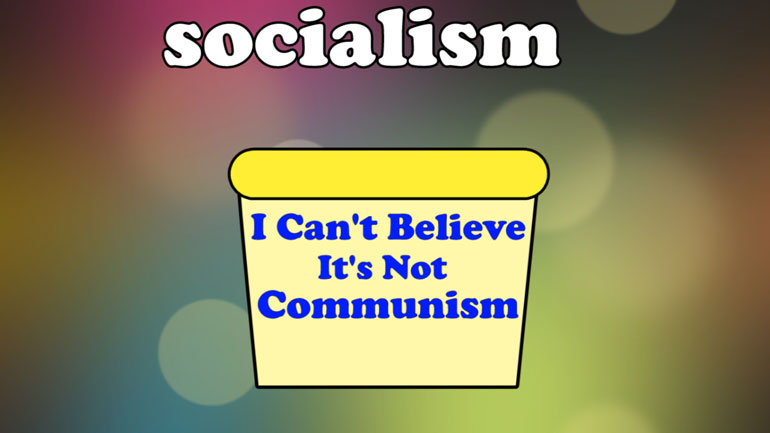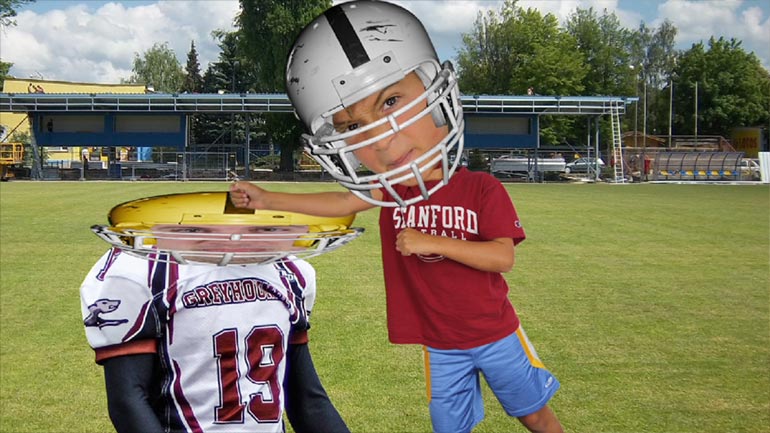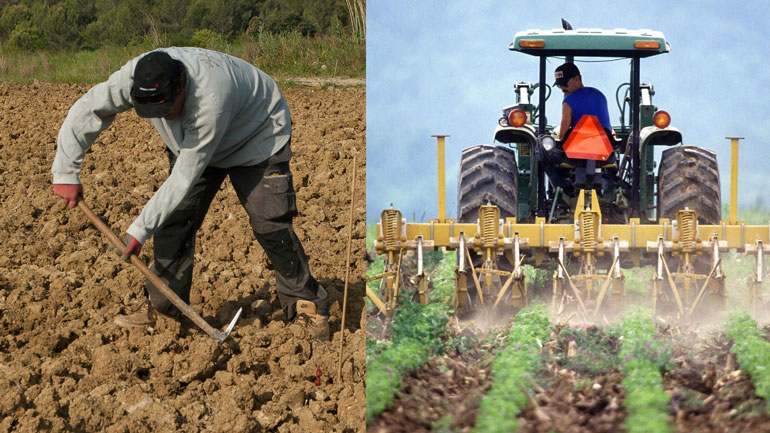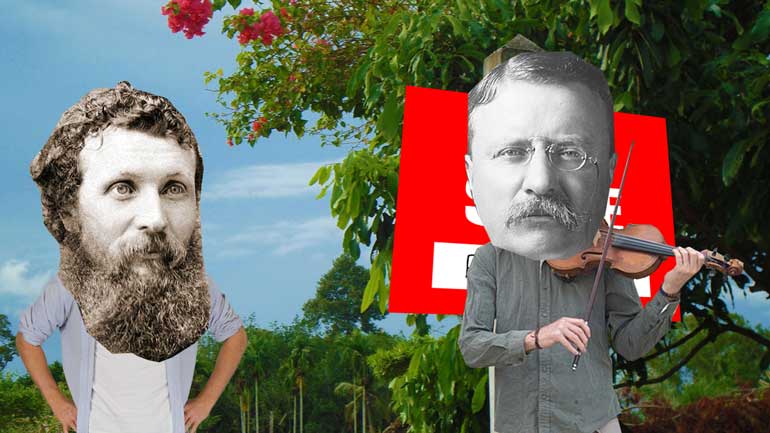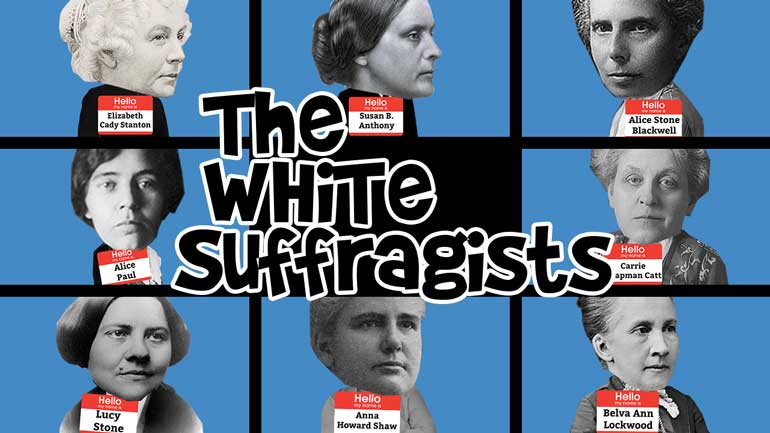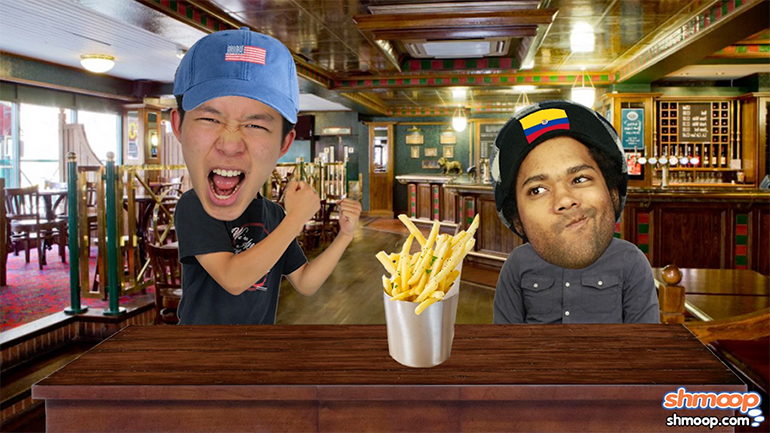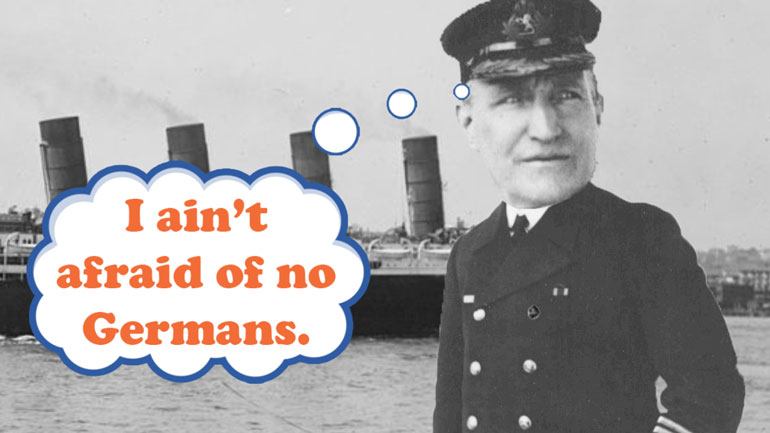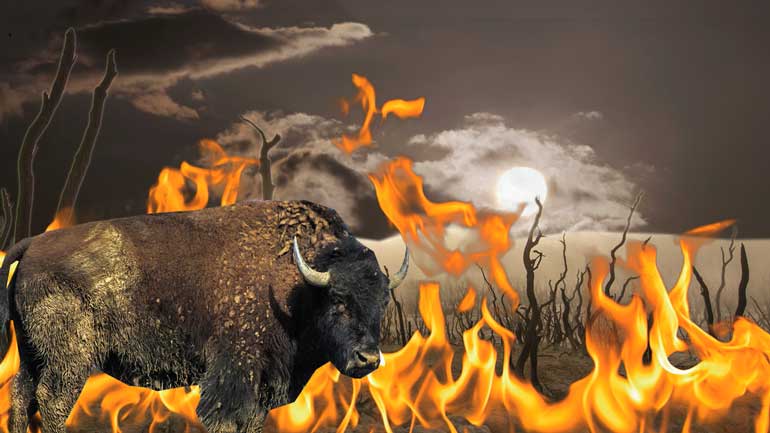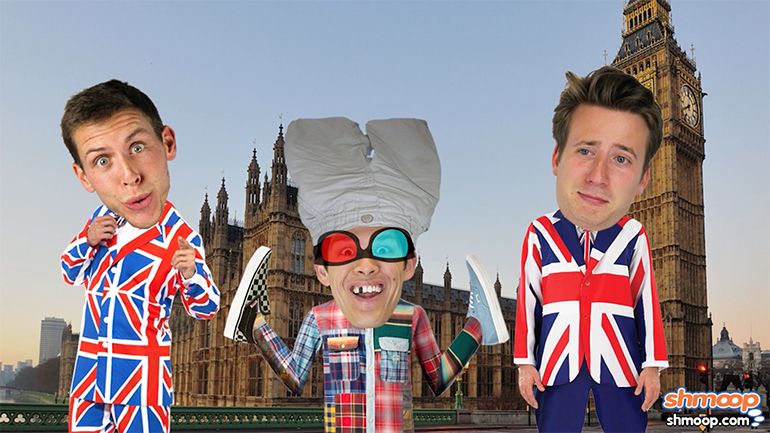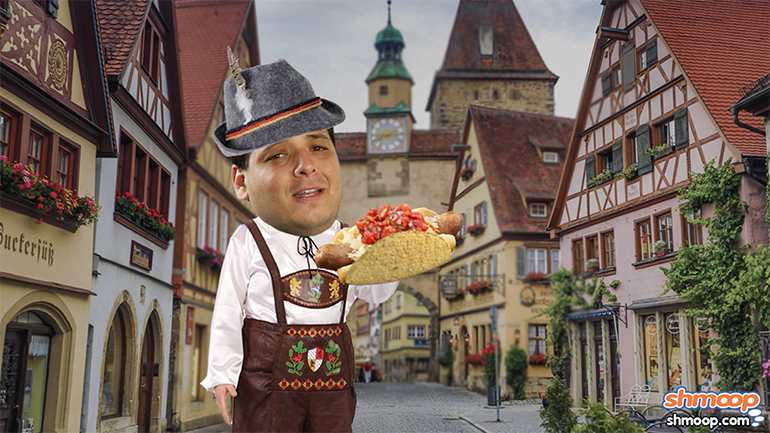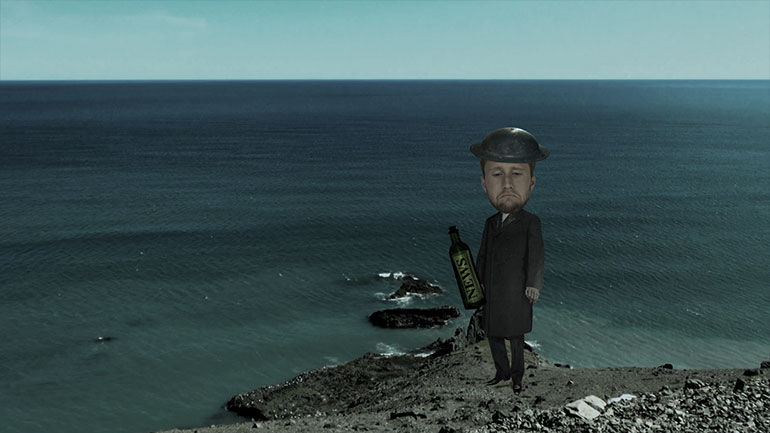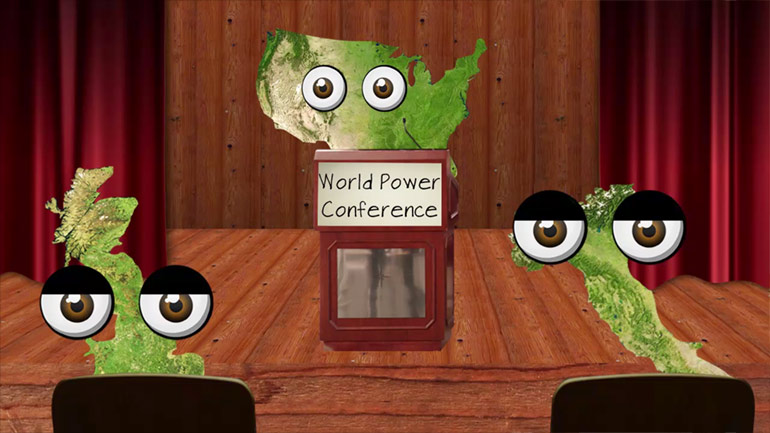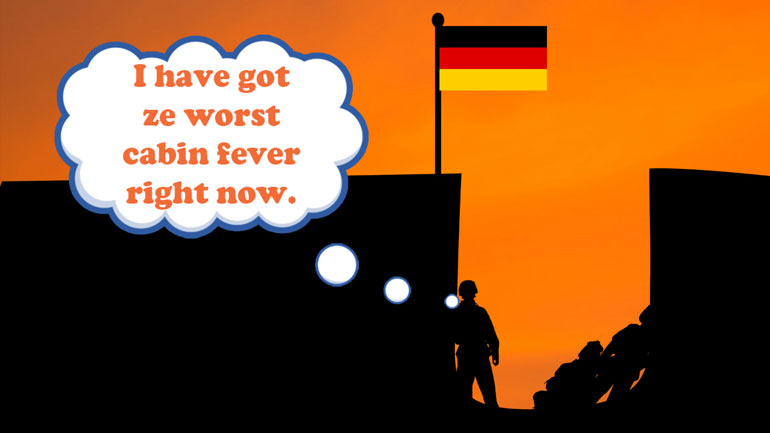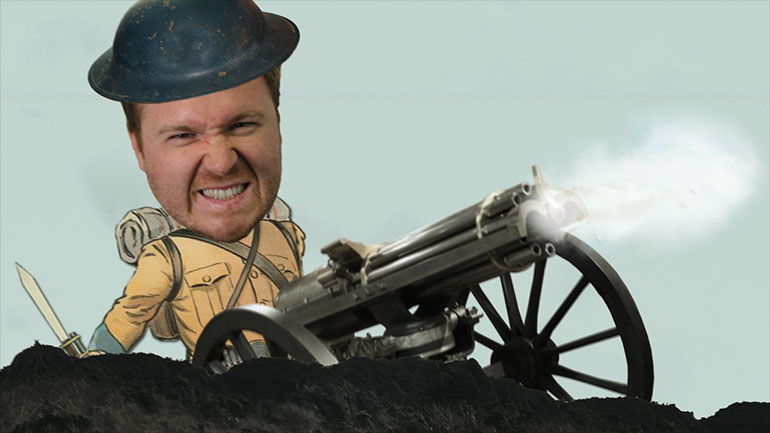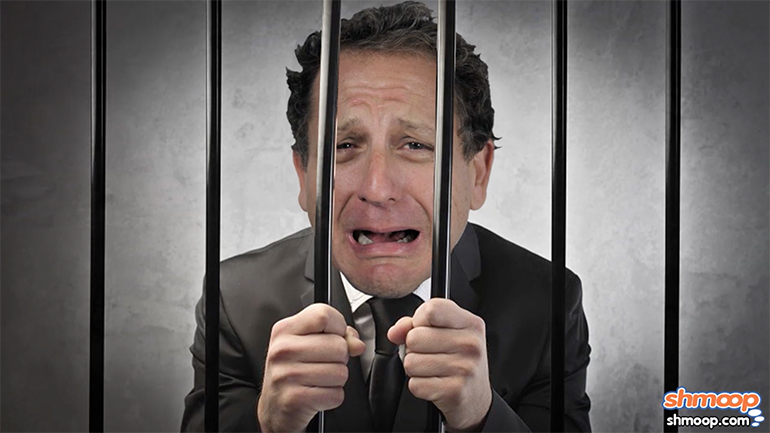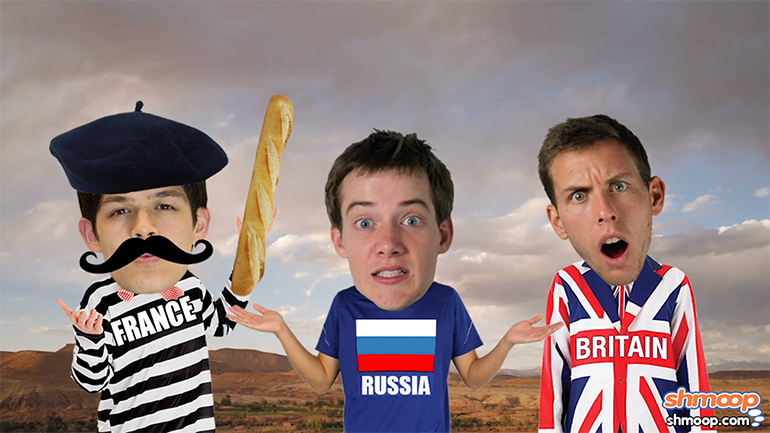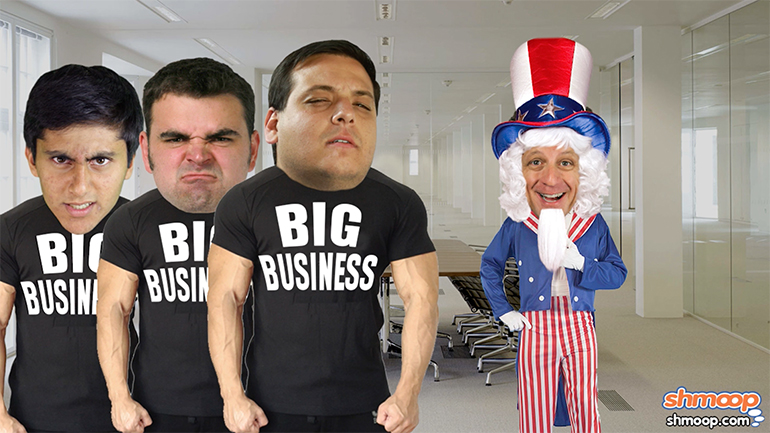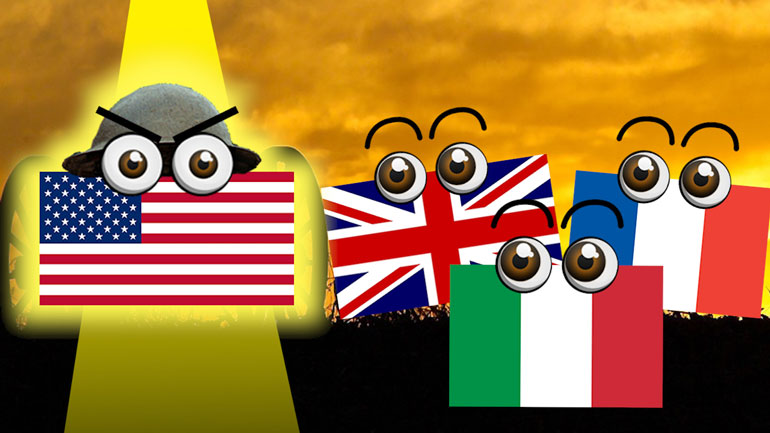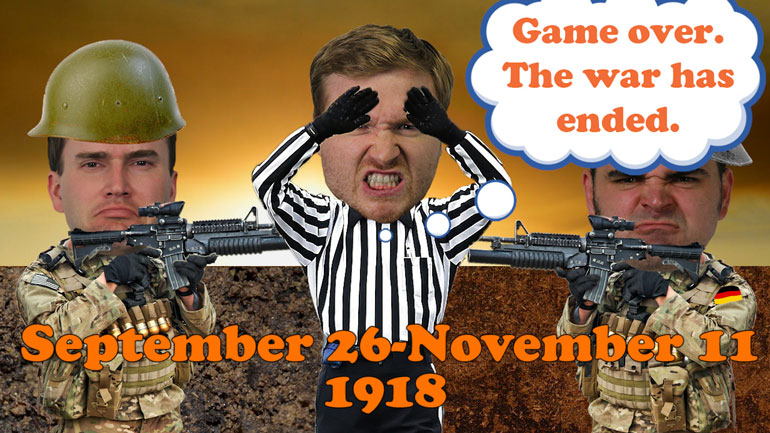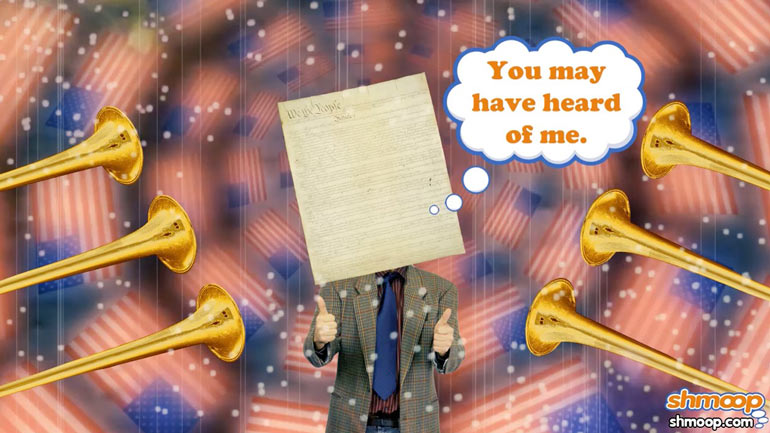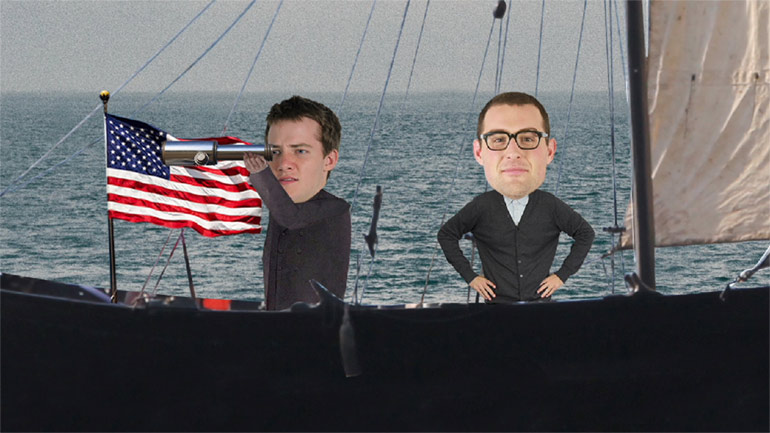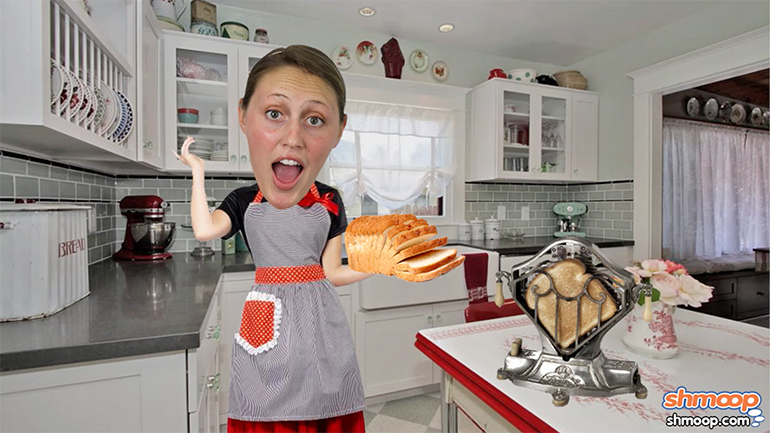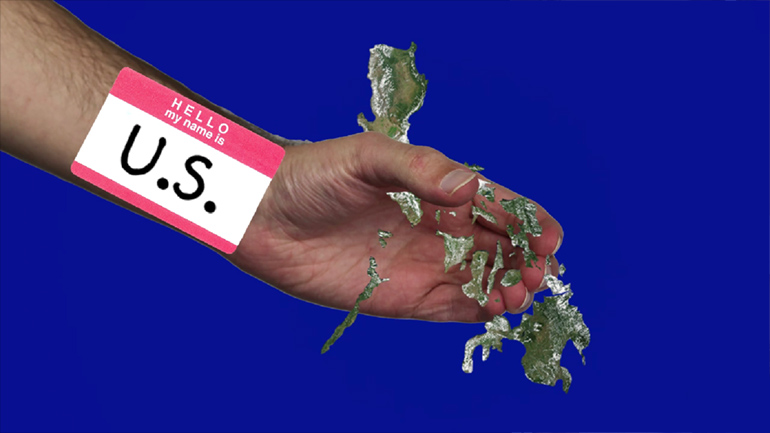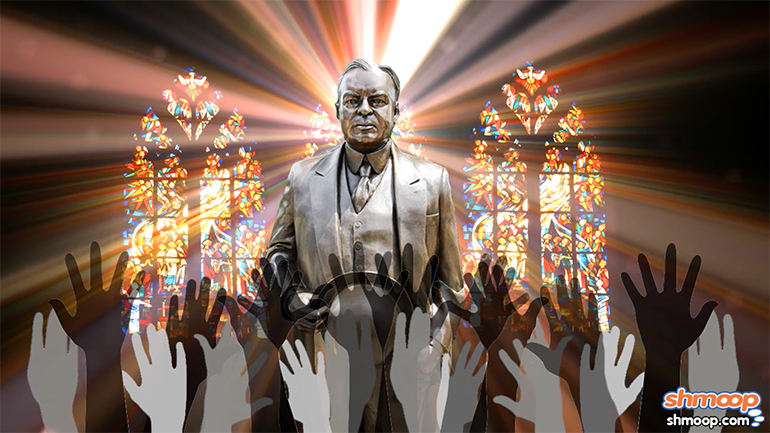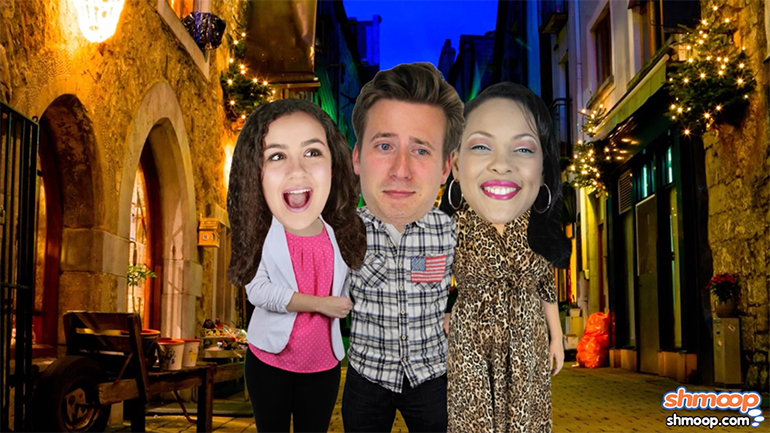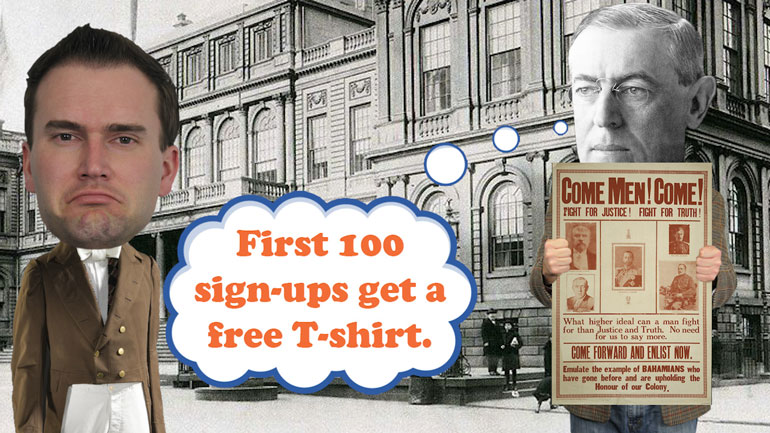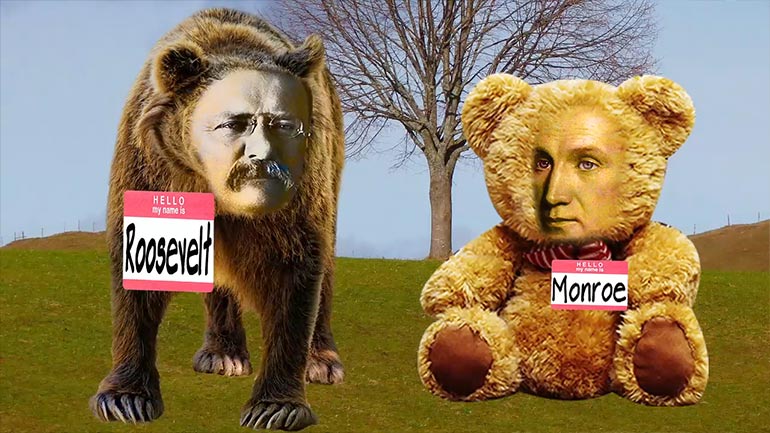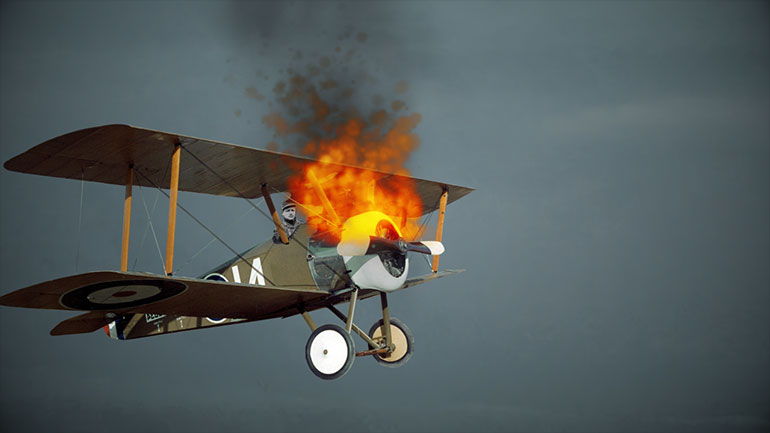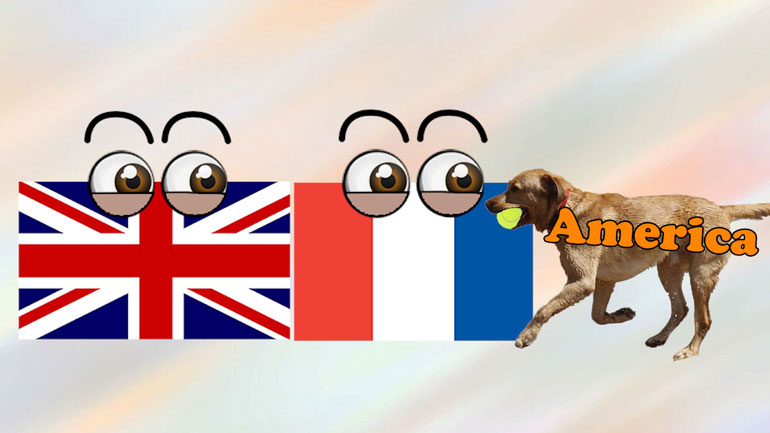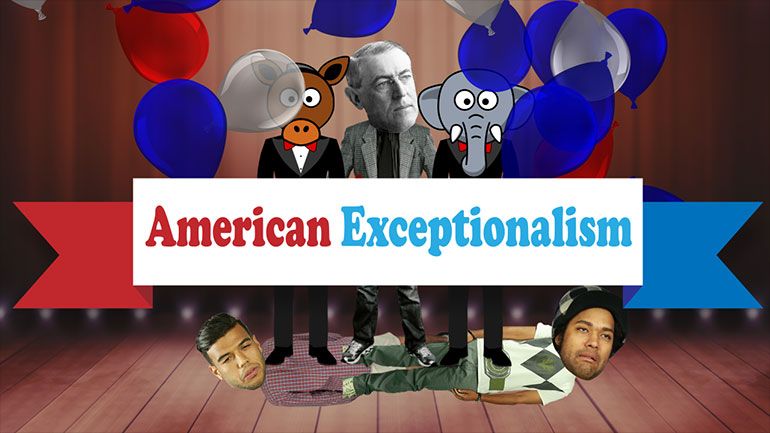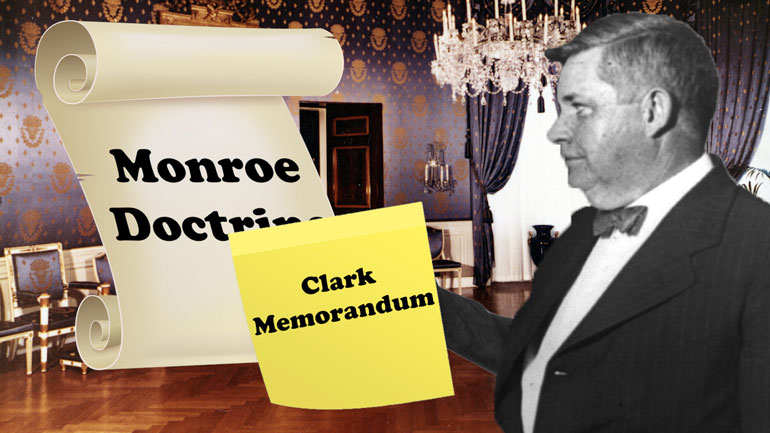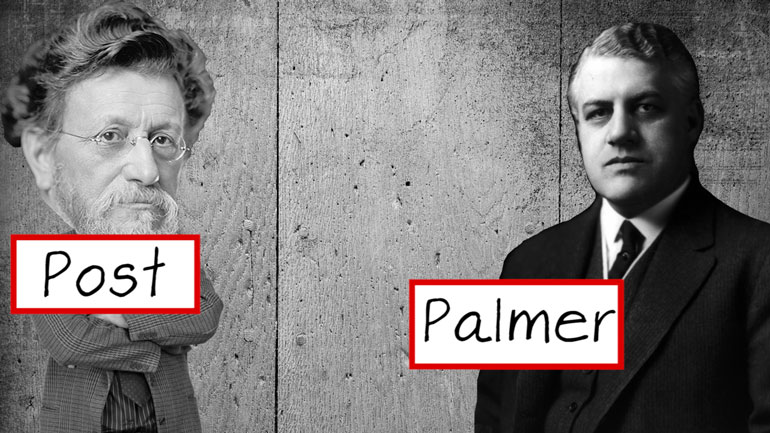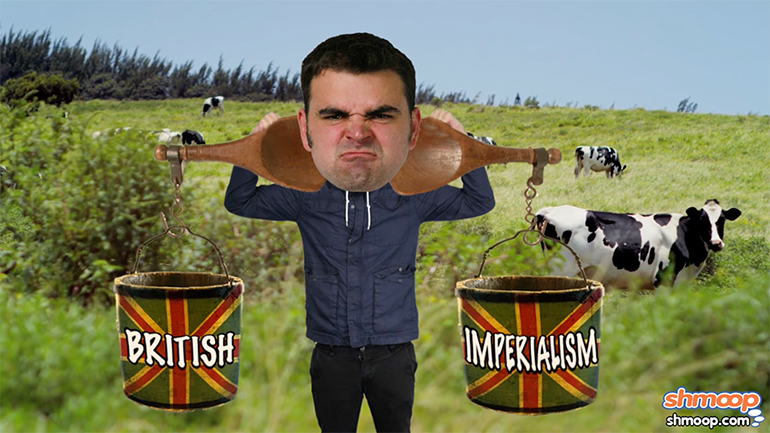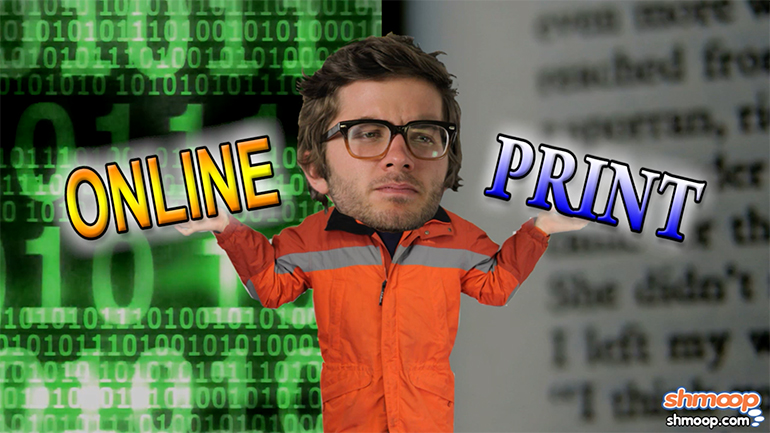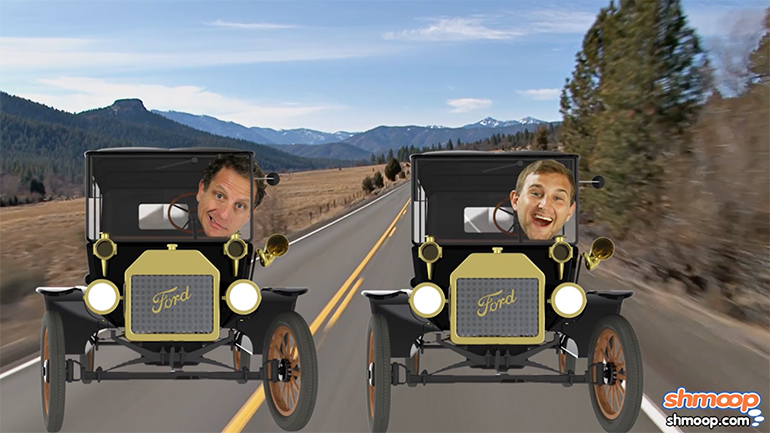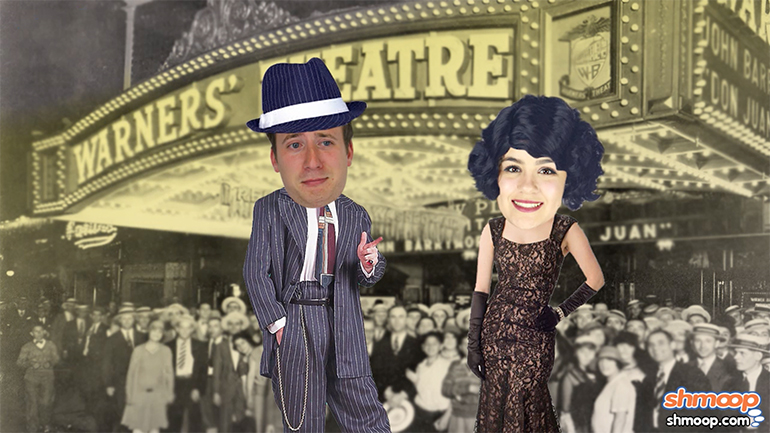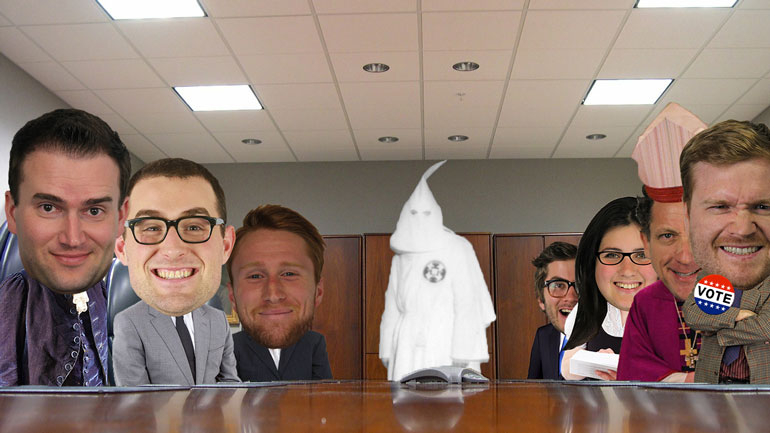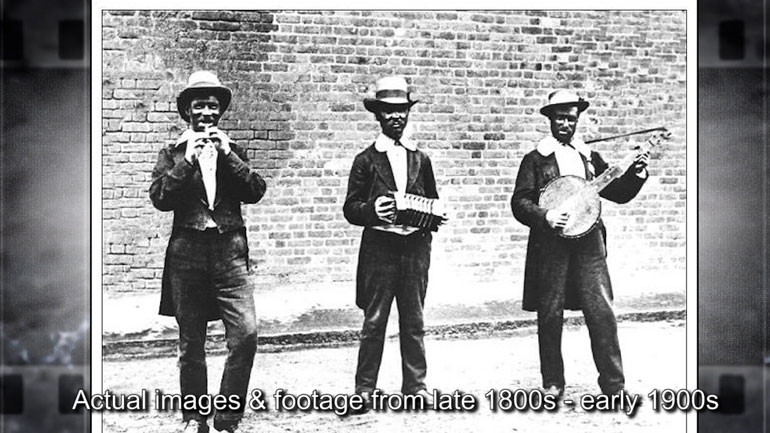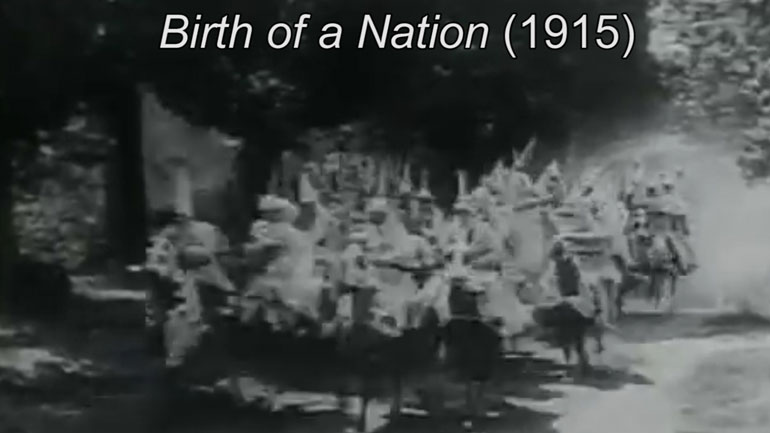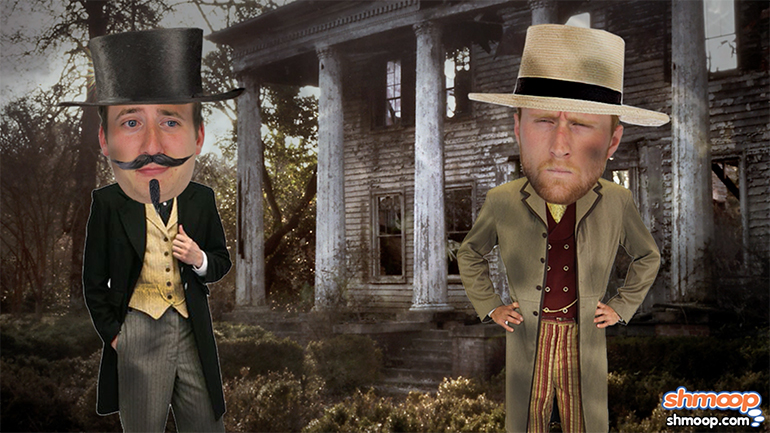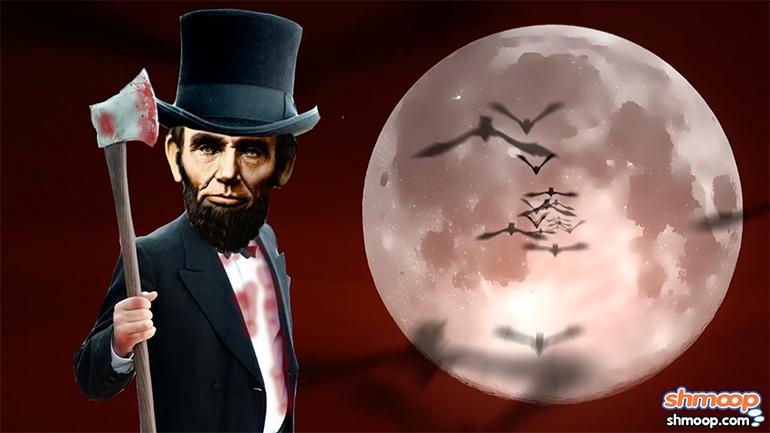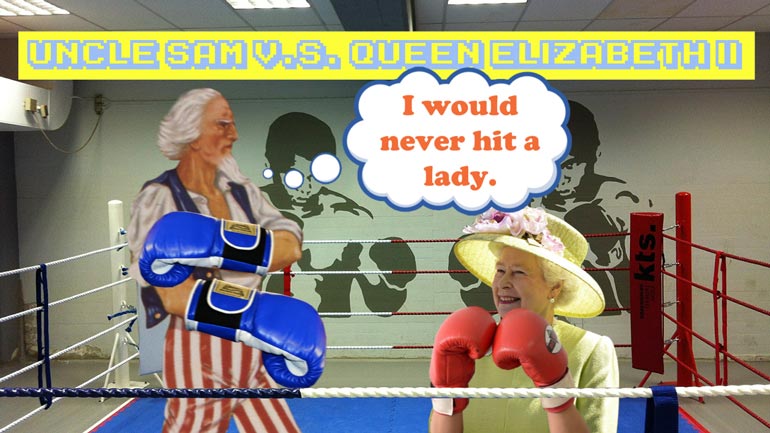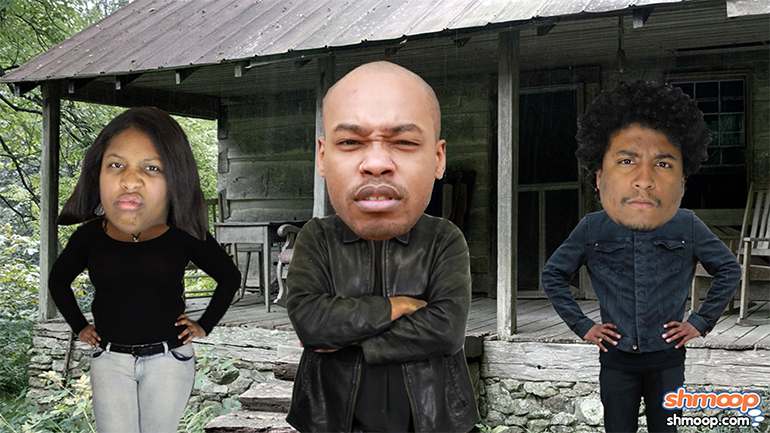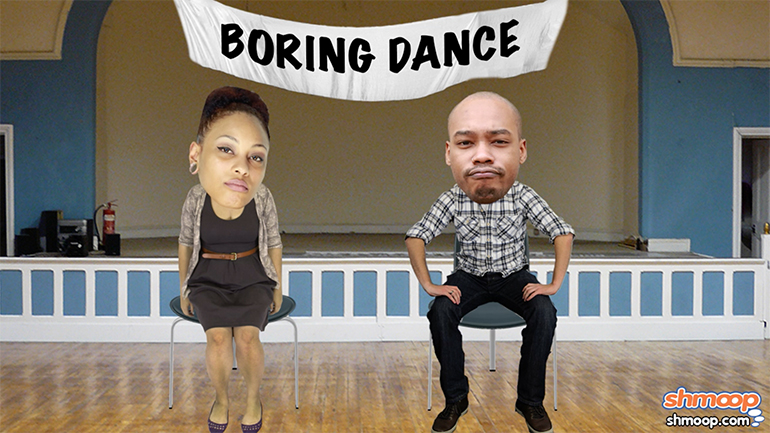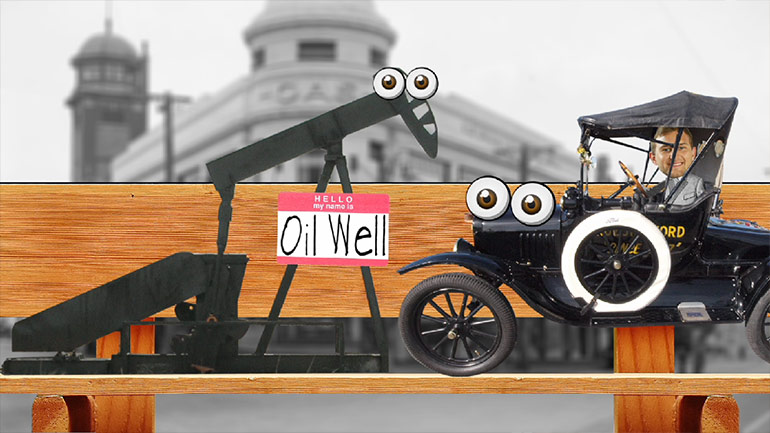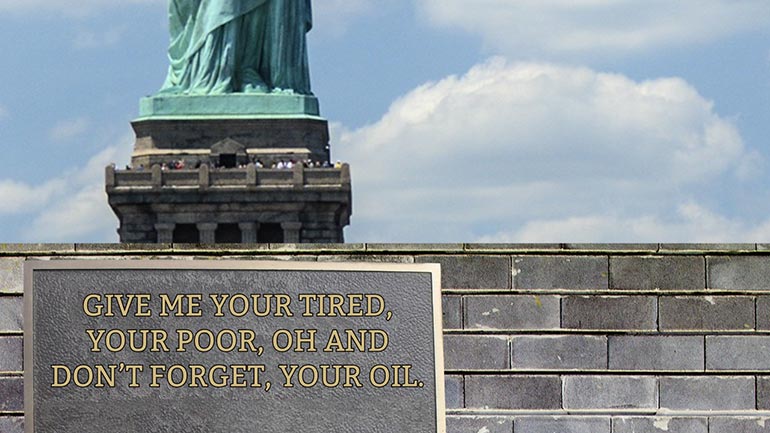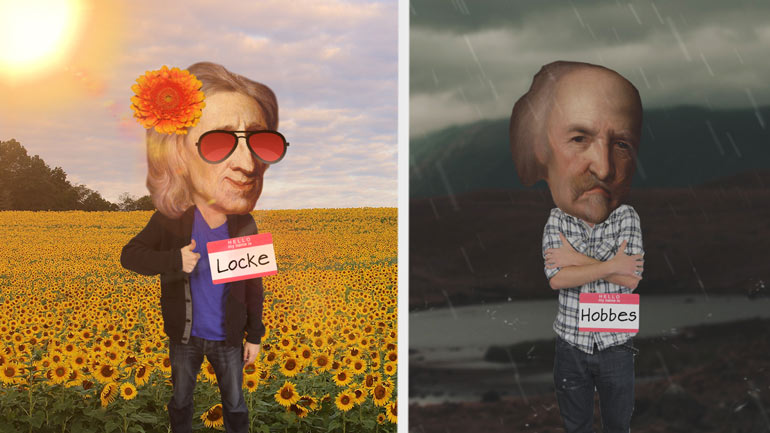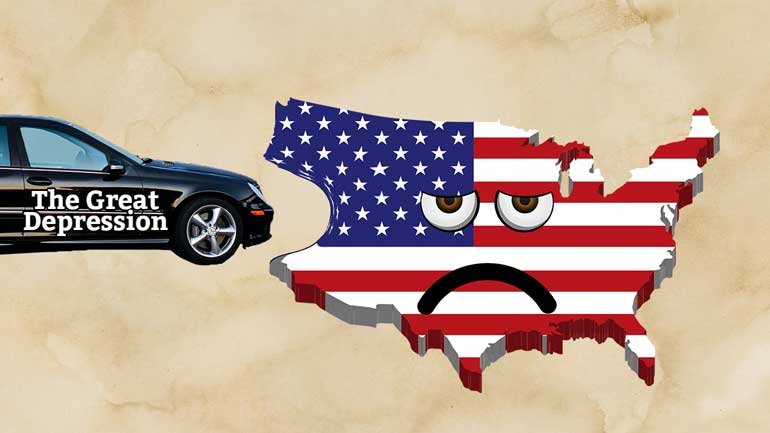ShmoopTube
Where Monty Python meets your 10th grade teacher.
Search Thousands of Shmoop Videos
U.S. History 1877-Present Videos 173 videos
Have you ever told one of your siblings to stop poking you, only to have them do something like hold their hand right in front of your face instead...
John D. Rockefeller. Greasy robber baron, or philanthropic saint? Why not both? Boy, that's a weird combination...
Today we'll learn about plans to assimilate the American Indian population after reconstruction. If you've ever seen Star Trek, you'll know that fo...
U.S. History 1877-present 3: Industrial Revolution, wool, textiles, machinery 1013 Views
Share It!
Description:
First Industrial Revolution. Second...Industrial...Revolution... Ugh, how many more? We're getting dizzy here.
Transcript
- 00:03
Sure most people know that once there was a thing called the [Factory appears]
- 00:06
Industrial Revolution but what some people don't know is that there was
- 00:10
actually two of those bad boys they were called cleverly the first Industrial
- 00:15
Revolution and the Second Industrial Revolution you know we know their
- 00:20
marketing departments could have been a little more creative let's start at the [Man in meeting at marketing department]
Full Transcript
- 00:23
beginning part 1 the first Industrial Revolution or the story of the British
- 00:27
sheep that changed the world must have been all the tea they drink well the [Sheep drinking tea]
- 00:31
first Industrial Revolution began in britain around seventeen seventy and
- 00:34
basically consisted of taking all the things people did by hand and making
- 00:38
machines through them instead let's look at what was probably the biggest example [Man stood by machine conveyor belt]
- 00:42
she no wait not sheep yet we have to start with textile the sheep will come
- 00:47
later try to contain your excitement man all right what our textile well that's a [Herd of sheep in a field]
- 00:52
fancy technical thinning name but it's actually a simple concept textiles means
- 00:56
a drumroll please slots yep this cloth as in clothing or clapping yeah you know [Woman with blue cloth]
- 01:03
what clothes are made out of so people have been making clothes for a pretty
- 01:06
good number of centuries before the late 1700s all that time cloth making had [Person sheering a sheep]
- 01:10
involved first shearing a sheep or harvesting a plan and then going through
- 01:14
a gazillion step process to turn the raw materials in the cloth people were [Man holding cloth]
- 01:18
making cloth in 1750 the same way they've made it when the Romans were
- 01:22
thinking about starting an empire completely by hand since the process was
- 01:26
long dirty and tiresome it was done by women or slaves or white guys I know
- 01:31
just kidding we were just seeing if everyone is still paying attention with
- 01:33
that last one there were no white guys making cloth but it's the late 1700s [Sunset appears]
- 01:37
done textile production was about to be transformed or revolution I so enter the
- 01:42
sheet Britain was the sheep capital of the world at that time and had been [Sheep wearing a crown]
- 01:47
making money by exporting wool to Europe for centuries but suddenly cheap cotton
- 01:51
from India was threatening that British wool industry well cotton could be spun
- 01:55
into cloth more quickly than wool and British colonial merchants were shipping [British merchant stood with pile of cotton]
- 01:59
tons of cotton back home so the Colonials wanted loads of cash but so
- 02:03
did the folks back home so wool barons at home got the British government to
- 02:08
put limits on the amount cotton that could be sold in Britain and
- 02:12
crack the whip on wool producers to start cranking out more wool but how [Man cracks whip at herd of sheep]
- 02:16
could they there was no way to speed up the process of turning raw wool into
- 02:20
woollen cloth unless a machine sitting and that's exactly what some wool
- 02:25
producers did they hired engineers to brainstorm ways to mechanize wool [Engineer brainstorming machines]
- 02:29
production to use machines for the repetitive time-consuming part of the
- 02:33
process those repetitive tasks didn't require a lot of attention and [Man appears by cotton machine]
- 02:37
brainpower so machines could be trusted with them and machines could run for
- 02:41
hours at a time without stopping to eat or sleep or you know go to the bathroom
- 02:45
well so cool ematic 5004 potty a lot but it was soon discontinued in favor of [Poopomatic 5000 sheep drops a poo on the floor]
- 02:51
more efficient model at first the machines were small and each one muted a
- 02:55
human to tend it but the machine quickly grew to become huge contraption and
- 03:00
someday they'll send an Arnold Schwarzenegger cyborg back from the [Terminator appears]
- 03:03
future to destroy us all so hey at least there's something to look forward to
- 03:07
I'll be back
Related Videos
Ever heard of a "living document"? They eat and breathe just like the rest of us! They even walk around on their own two legs. Okay, fine—maybe t...
If the Puritans had gotten their way, religion would play a much larger role in lawmaking these days. Want to know more? Watch the video for all th...
What happened between the creation of the Articles of Confederation and the ratification of the current U.S. Constitution? This video analyzes the...
The Modernists thought the world had a lot of problems, and they were intent on fixing them—or at least talking about fixing them. Unfortunately,...
This video explains Federalism and the quest for a fair balance between state and national power. It covers the progression and compromises of Fede...
